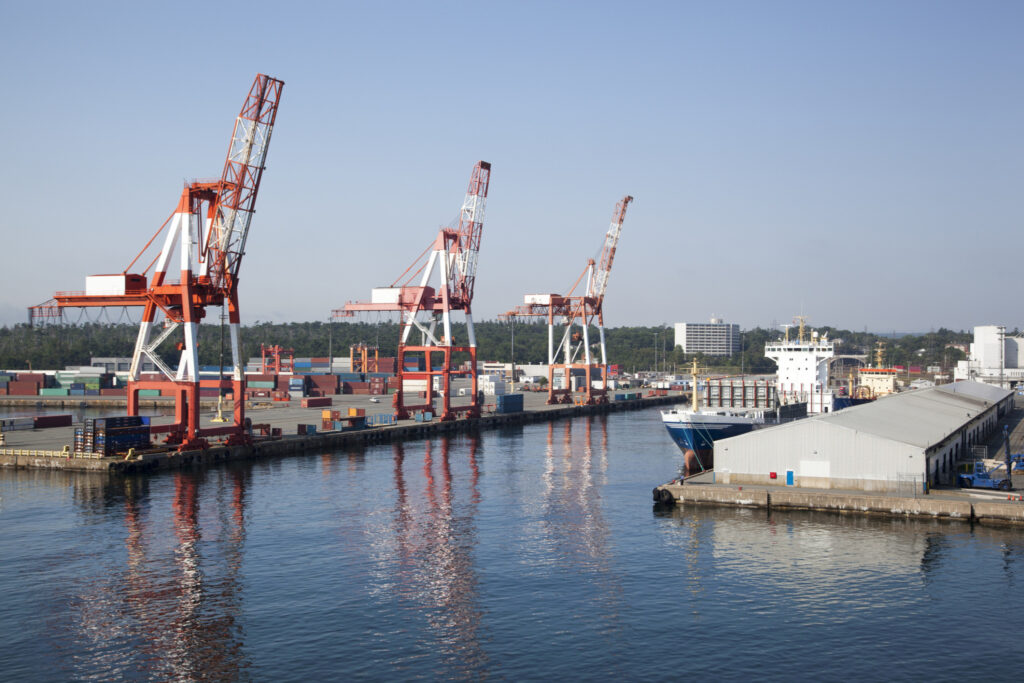Atlantic truckers welcome coming Port of Halifax rail link
A new rail line between two container terminals is expected to alleviate heavy truck congestion in downtown Halifax, and the head of the Atlantic Provinces Trucking Association (APTA) is “cautiously optimistic” the infrastructure will help make local trucking activities more efficient.
The project, first approved in 2019, aims to connect the south-end Atlantic Hub and north-end Fairview Cove terminals by 2026.
For now, trucking companies in the area are responsible for moving the cargo containers between the terminals.

Fairview Cove, while located at the top of the Bedford Basin, is much more accessible to the nearby infrastructure, including highways, than the Atlantic Hub terminal, said APTA executive director Chris McKee. In contrast, truck drivers have to travel through downtown and the old historic district to get to the Atlantic Hub, often leading to delays, high traffic, and other risks.
“It’s always a hazard when you have a lot of traffic. You have cars double parked on small city streets, you have pedestrians, you have people on bicycles, folks crossing streets in there, and you have the large trucks going through all day… So, it just certainly isn’t a good recipe,” he said.
Removing trucks and drivers from such congestion is a positive change, APTA believes.
“Any of our drivers will tell you they don’t like going downtown. So, this is really welcome. We [are] kind of waiting with cautious optimism that this will alleviate a lot of our headaches going into the Atlantic Hub terminal,” McKee said. “I think they hoping to alleviate about 75% of the truck traffic with this change.”
Drayage volumes
While the project means a significant share of drayage containers will be moved by rail in the future, local carriers don’t seem concerned about dropping business volumes. APTA is hopeful that the new rail line will lower the wait times for both terminals and local carriers, facilitating the movement of freight in and out of the port.
Last year was a “rough summer” for carriers when the port hit a record amount of over 600,000 TEUs (20-foot equivalent units) of containerized cargo, McKee added.
“They [the port] were over capacity, and it was creating some headaches.”
Speaking on background, the general manager of one of the fleets serving the Port of Halifax agreed that there is no concern regarding the changes in the amount of work for drayage workers and companies.
However, the fleet manager suggested there might longer wait times and delays for truckers if cranes at the port began to prioritize trains over trucks.
Have your say
This is a moderated forum. Comments will no longer be published unless they are accompanied by a first and last name and a verifiable email address. (Today's Trucking will not publish or share the email address.) Profane language and content deemed to be libelous, racist, or threatening in nature will not be published under any circumstances.